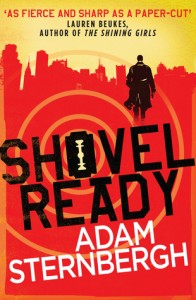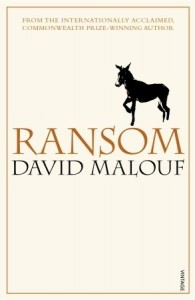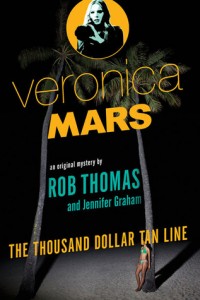 Title: The Fever (Goodreads)
Title: The Fever (Goodreads)
Author: Megan Abbott
Published: Little Brown and Company, 2014
Pages: 320
Genres: Contemporary, Pulp
My Copy: ARC from Netgalley
Buy: Amazon, Book Depository, Kindle (or visit your local Indie bookstore)
If you have not read Megan Abbott before then you need to do so as soon as possible. Originally working in the noir genre she has recently switched and become the Queen of suburban noir. Combining the elements we all know and love about noir and adding it to a modern back drop. Dare Me was a dark glimpse into the world of competitive cheerleading; think Mean Girls but meaner. Now Megan Abbott is back with The Fever, set in a small community, a mysterious contagion is threating their suburban utopia.
I may have said this before; just because a book has a teenage cast does not make this a YA novel. Dare Me may look like chick lit or YA but it is not; don’t let the cover fool you. I’ve seen on Goodreads that The Fever has been shelved as YA and horror and I can’t help but shake my head in disgust. While I’m sure plenty of young adults may enjoy this novel, I see nothing that connects The Fever with the YA genre. There are no horror elements within this novel either, a little suspense and I’m guessing this genre tag came from the cover. Now that my rant is out of the way, time to look at the novel.
Like Dare Me (and I’m sorry to keep mentioning this novel, I really need to read more Abbott) The Fever is a compelling noir that exposes the secrets that might be hiding in a suburban community. The Fever is a dark and chilling story that explores the ideas of desire, guilt and secrets. The mysterious contagion that is causing seizures to a group of girls is also promoting mass hysteria in the community. In an effort to make sense of this mystery, the community focus their blame on anything they can think of, from HPV, vaccinations, toxic algae and whatever else might make sense of the situation.
At the heart of this novel, I found an interesting exploration into sexuality, especially between the groups of teenage friends. These girls are in the midst of blossoming into women; their emotions are running wild and boys are become a popular source conversation. In the darkness and confusion they are dealing with these changes all alone. Abbott is putting the focus of the community on the contagion and this really amplifies that feeling of being alone and dealing with a budding sexual awaking without any help or guidance.
The Fever has everything you expect from a Megan Abbott novel; it is deliciously dark and sinister, it packs a huge punch and in the end you are left contemplating life. She has once again got the voice of the teenage generation perfect, not only the way they talk and interact but their thoughts as well. I like how Abbott integrates mobile phones and social media into her novels so effortlessly, I’ve seen it down poorly far too many times.
I know I’ve only read two novels to judge Megan Abbott on but she continues to impress, I know The End of Everything will be consumed pretty soon before moving onto her old school noir novels. I love her modern suburban noir style, she has really found her voice and style and it is working well for her. Don’t go in expecting a nice coming of age story; this is gritty and this is what Megan Abbott does better than anyone else.

 Title: The Collected Works of A.J. Fikry (
Title: The Collected Works of A.J. Fikry ( Title: Shovel Ready (
Title: Shovel Ready ( Title: The Wives of Los Alamos (
Title: The Wives of Los Alamos ( Title: Ransom (
Title: Ransom ( Title: The Temporary Gentleman (
Title: The Temporary Gentleman ( Title: The Thousand-Dollar Tan Line (
Title: The Thousand-Dollar Tan Line ( Title: The Magicians (
Title: The Magicians ( Title: Boardwalk Empire (
Title: Boardwalk Empire ( Title: The Sorrows of Young Werther (
Title: The Sorrows of Young Werther (